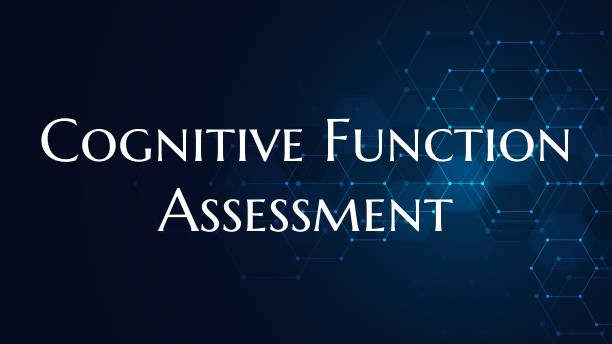
Cognitive Function Assessment
Cognitive function assessment is a crucial aspect of evaluating an individual's mental capacity and overall brain health. It involves a series of tests and evaluations that aim to measure various cognitive skills such as memory, attention, language, problem-solving, and decision-making. By assessing cognitive function, healthcare professionals can identify potential cognitive deficits, monitor changes over time, and develop appropriate intervention strategies if needed.
One common method used in cognitive function assessment is the Mini-Mental State Examination (MMSE), which is a widely recognized tool for detecting cognitive impairment. This brief test assesses various cognitive domains including orientation, memory, attention, language, and visual-spatial skills. Other assessments may include tasks like word recall, number sequencing, and symbol recognition to further evaluate different aspects of cognitive function.
Through cognitive function assessment, healthcare providers can better understand an individual's cognitive strengths and weaknesses, identify early signs of cognitive decline or dementia, and tailor treatment plans accordingly. Early detection of cognitive impairment allows for timely interventions, including lifestyle modifications, cognitive exercises, and medical treatments that can help manage symptoms and improve quality of life.
In conclusion, cognitive function assessment plays a vital role in promoting brain health and overall well-being. By evaluating cognitive abilities through standardized tests and assessments, healthcare professionals can effectively monitor, diagnose, and intervene in cases of cognitive decline, ultimately enhancing the cognitive function and quality of life for individuals.